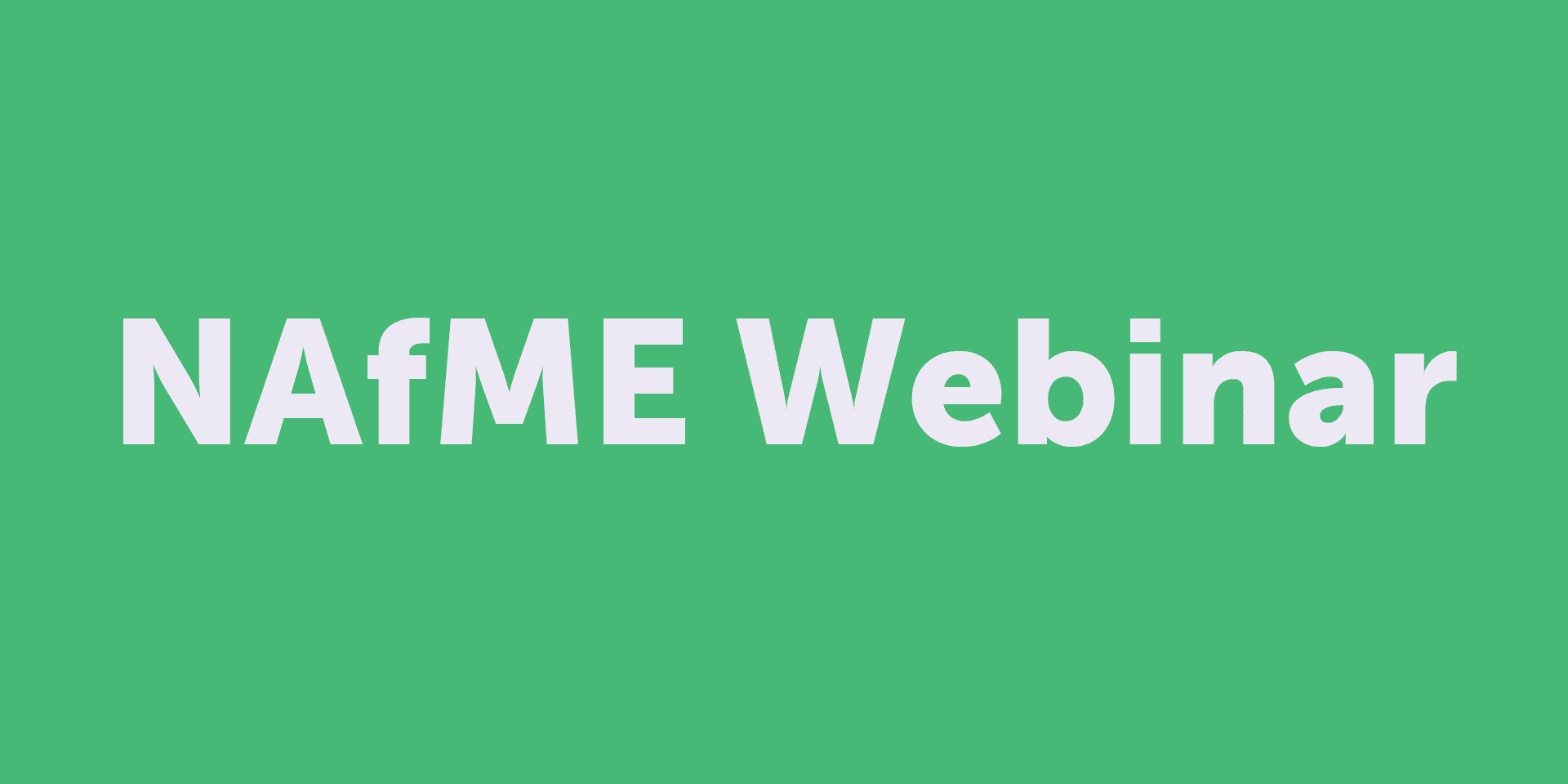
/ Professional Learning & Events / Event Calendar / Implicit Bias in the Music Classroom
About the Event
Equity in music education is the keystone of NAfME’s strategic plan. We are presented with a turning point in the profession of music education in which we are more frequently reflecting on how much education, society, and societal views have changed in America, often for the better. We have begun to have more conversations about equity and inclusion and are considering more deeply the materials we use in our classrooms. Still, unconscious and implicit bias can exist in our music classrooms. What are implicit and instructional biases, and how can they impact our students’ classroom experiences despite our best intentions? How can we overcome these biases? Come join the conversation for a more inclusive music classroom for all music students. As Michelle Kim said, “We cannot unlearn what we are too afraid to acknowledge.”
 Liza Meyers is Assistant Professor of Music Education at Eastern Illinois University, where she serves on the Culturally Relevant Teaching and Leading Committee and has led discussions on bias in education. She received her master’s and doctoral degrees from Arizona State University, and her bachelor’s degree from Capital University. She holds Orff and Kodály certifications and is an instructor in Kodály certification courses. She studied in Kecskemét, Hungary, and, through a Japan Fulbright Scholarship, in Tokyo and Shiogama, Japan. Prior to collegiate teaching, Liza worked with preschool music, general music, choir, and music technology students in a variety of settings. She is a frequent presenter at state and national conferences and for Kodály chapters, school districts, and arts organizations.
Liza Meyers is Assistant Professor of Music Education at Eastern Illinois University, where she serves on the Culturally Relevant Teaching and Leading Committee and has led discussions on bias in education. She received her master’s and doctoral degrees from Arizona State University, and her bachelor’s degree from Capital University. She holds Orff and Kodály certifications and is an instructor in Kodály certification courses. She studied in Kecskemét, Hungary, and, through a Japan Fulbright Scholarship, in Tokyo and Shiogama, Japan. Prior to collegiate teaching, Liza worked with preschool music, general music, choir, and music technology students in a variety of settings. She is a frequent presenter at state and national conferences and for Kodály chapters, school districts, and arts organizations.
NAfME presents this live virtual event at no charge to all as a service to the music education profession. To register, you must enter your NAfME member information or create a nonmember account. After registering, check your email for instructions. A recording of this program will be available to all registrants for one week following the live event. Members can also view archived NAfME webinars in the NAfME Academy. The views expressed are those of the presenter; they do not necessarily reflect the views of NAfME.
Start Date
November 06, 2024
End Date
November 06, 2024
Start and End Time
7:00 pm - 8:00 pm (ET)
Categories
- Diversity, Equity, Inclusion, and Access (DEIA)
Event Category
- Live Virtual
- Virtual
- Webinar




